Menopause: Symptoms & Health Risks
Did you know that September is National Menopause Awareness Month? By the age of 50, most women are completely aware of what menopause is. For the rest of you, reading this will be an educational experience.
Menopause 101
Natural menopause is medically defined as the permanent cessation of ovarian function, and it usually begins around the age of 50.
Leading into menopause is a transitional phase called perimenopause that begins for some women in their 30s and others in their 40s. During this transitional phase, estrogen levels fluctuate more sporadically, which may cause irregular periods and other symptoms that we’ll discuss.
Symptoms of Menopause
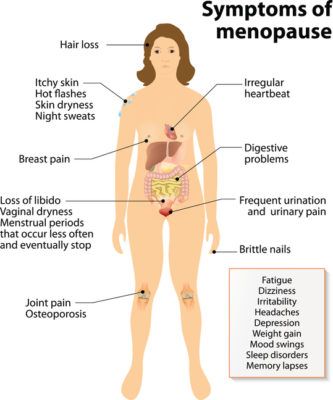 Did you know that there are 34 recognized symptoms associated with the transition to menopause and actual menopause? Yes, I said 34! Luckily most of us (I’m speaking to women, men have their own fun age-related issues to experience) will never experience all 34. And since no two women are exactly alike, some women may not experience any or very few.
Did you know that there are 34 recognized symptoms associated with the transition to menopause and actual menopause? Yes, I said 34! Luckily most of us (I’m speaking to women, men have their own fun age-related issues to experience) will never experience all 34. And since no two women are exactly alike, some women may not experience any or very few.
I’ve talked with women at various USANA International Conventions and have heard descriptions like: “I feel like I’ve got a raging forest fire burning inside me!” or “I just don’t feel like me anymore.” My own sister told me that she sometimes could not control the words coming out of her mouth and her family finally had to tell her to see her doctor right away or they would all move out!
While it isn’t possible to predict what kinds of symptoms you can expect, hot flashes of varying severity seem to be one of the more common symptoms. It’s not all bad, though. A survey conducted in the United States has shown that 51% of menopausal women between the ages of 50-65 reported increased feelings of happiness and fulfillment. What’s important to remember is that it is a natural process that all women will go through during their life. It isn’t a disease and it doesn’t necessarily require medical intervention. Because you are unique, the way you experience symptoms may be unique to you.
Health Risks
It is important to touch on a few health risks that are associated with menopause. Many women think that only men need to worry about cardiovascular disease—ladies: this is incorrect! Heart disease risk increases after the onset of menopause, as does the risk of stroke and osteoporosis.
Make sure that you get regular check-ups and eat healthy. Make sure you eat a variety of fruits, vegetables, whole grains, oily fish and lean meats. Participate in about 150 minutes of physical activity each week including weight bearing and cardio and don’t smoke.
Check Menopause Awareness Month to learn more about menopause and to see what resources are available to help you embrace this new life adventure.
We’re proud to bring you the freshest content on the web! Follow USANA on Twitter, like our USANA Facebook page and enjoy the latest videos on the official USANA YouTube channel.
 Learn what USANA is doing to make the world a better place.
Learn what USANA is doing to make the world a better place.
The future of personalized health and nutrition is now available with USANA’s True Health Assessment.

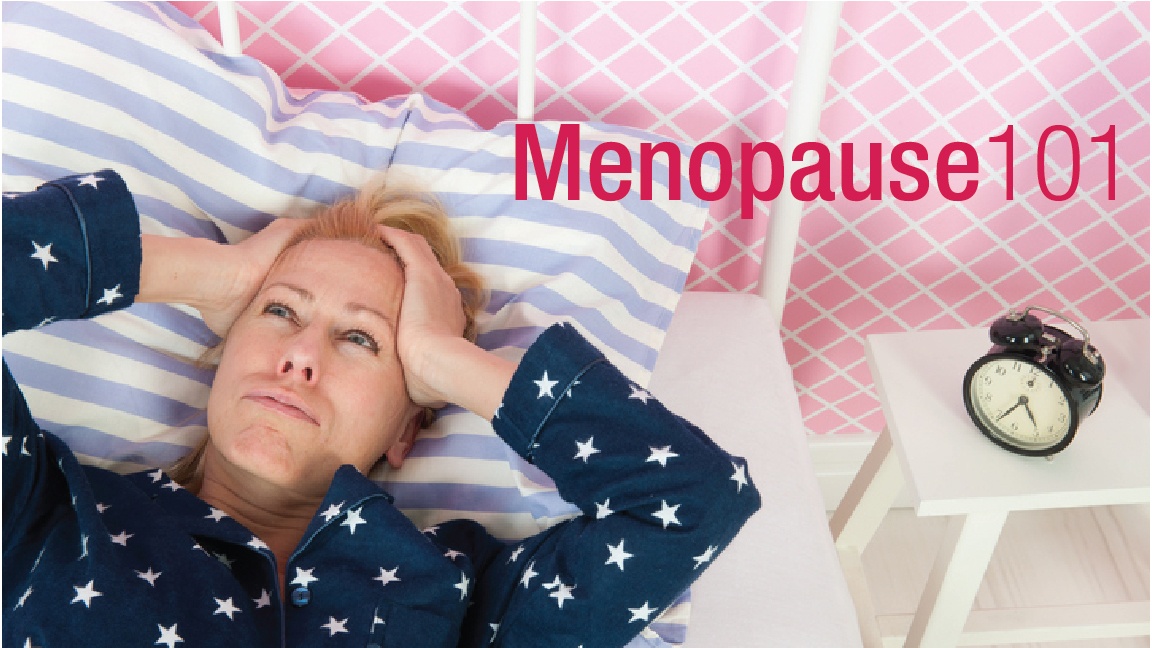
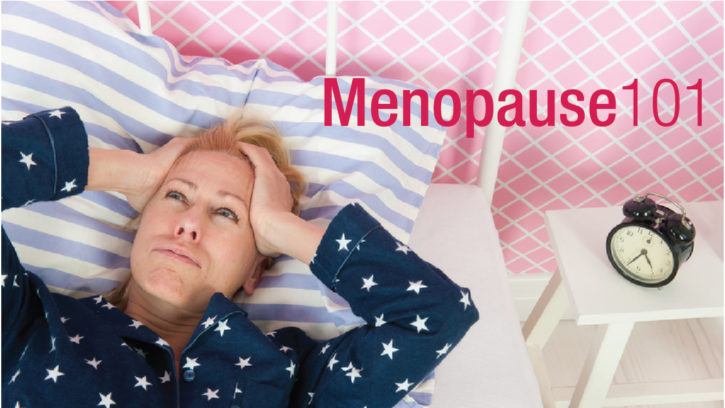
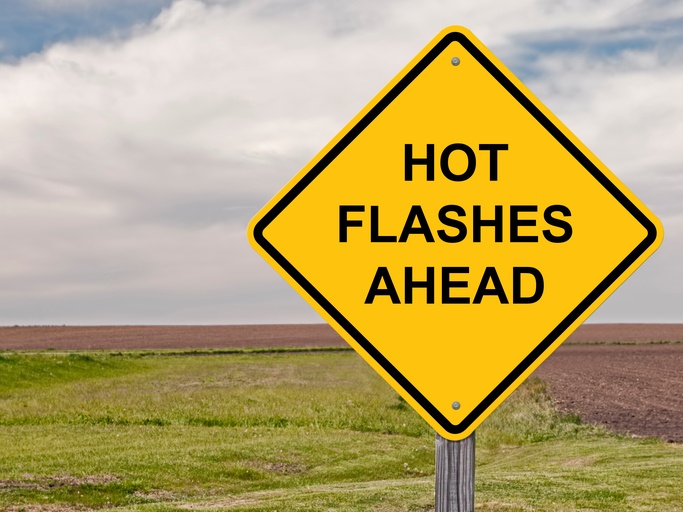
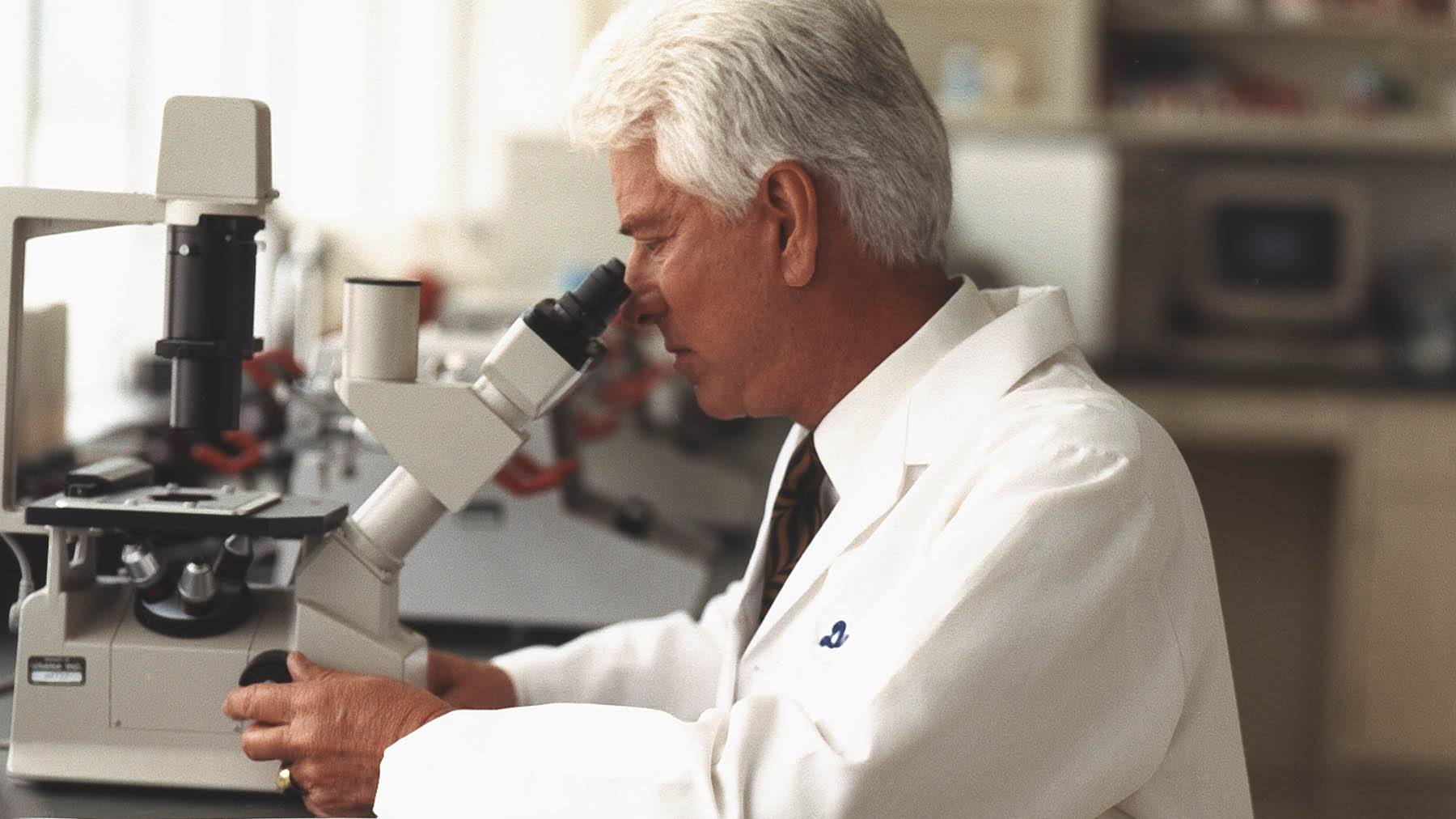

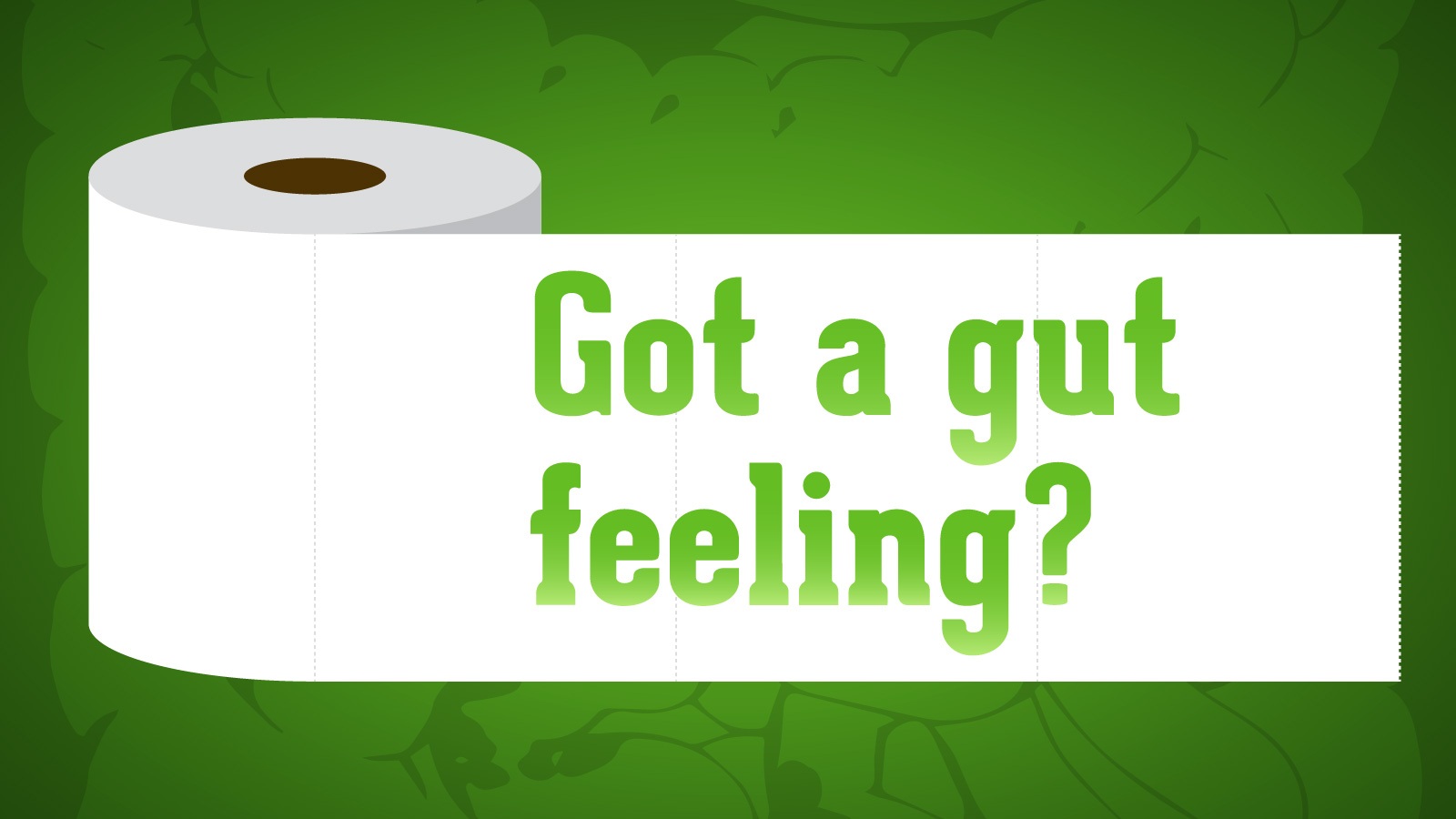


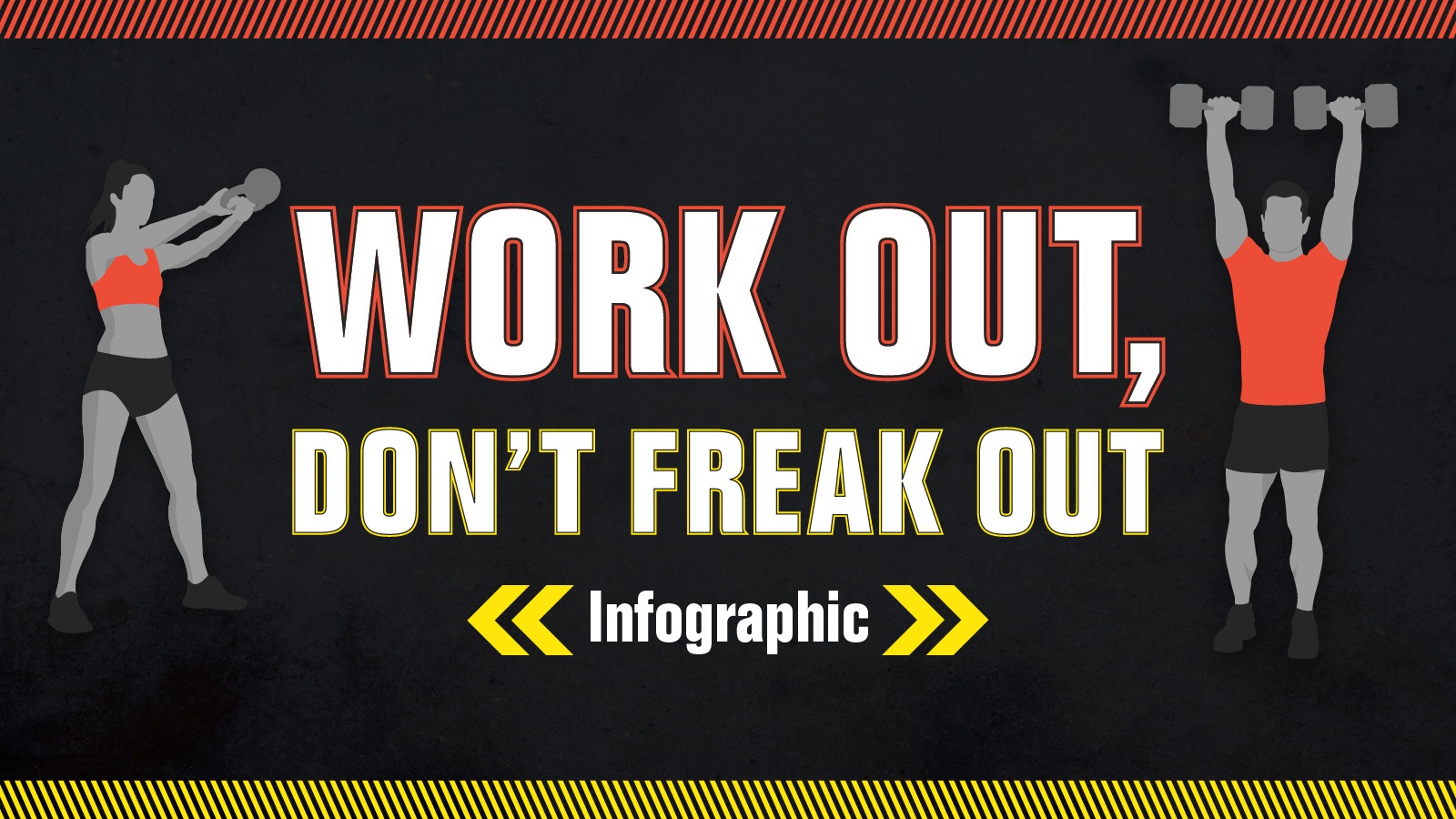


Leave a Reply
Want to join the discussion?Feel free to contribute!